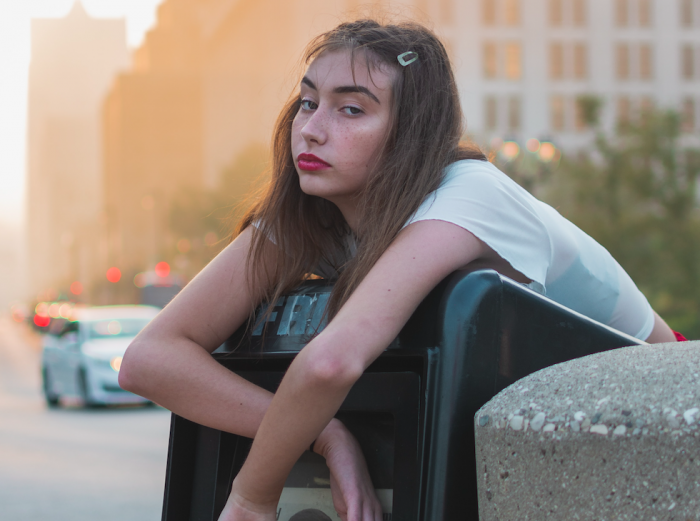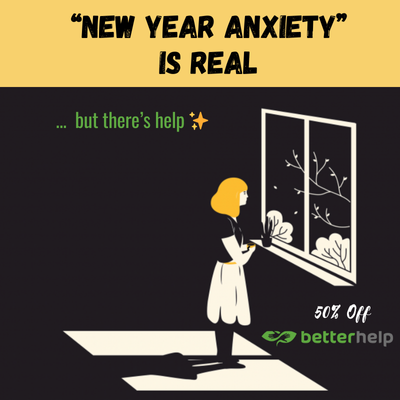Elephant’s Continually-updating Coronavirus Diary. ~ Waylon
“We’re all in this together.”
It’s the message, tagline, hashtag, and well-intentioned sentiment that has been reiterated, repeatedly, for the better part of six weeks. Apparently, the pandemic has brought us all to a place of harmony-laden nirvana, and we are all wrapped up and secure in our collective Shangri-la. Except, I’m calling bullsh*t.
We are not all in this together. Sure, we’re all in it—it’s a global pandemic, how could we not be? But, as for the together part? That is where the phrase morphs from annoying trope to flat-out lie. The phrase indicates that we, the collective, are experiencing COVID-19 equitably. That is the furthest thing from reality. Saying that “We’re all in this together,” as a response to our stress, creates an unspoken hierarchy.
For example, the domestic violence survivors who feel like hostages in their homes are shamed into silence. This insipid, hollow phrase strips away the validity of an individual’s experience of COVID-19. For trauma survivors, hearing “We’re all in this together” is the same as “Why did you stay?” or “What were you wearing?”
~
“I’ve never felt THAT kind of pleasure—with myself or any sexual partner.” Meet the ENIGMA™ Double Sonic Smart Vibrator (with app!). Treat yourself up to 50% off (code: ELEPHANT15)>>
~
It minimizes, marginalizes, and delegitimizes reactions and perspectives just to make other people feel better—it’s an attempt to normalize the abnormal. This way, they do not have to sit in their discomfort and try to hold space for those who have a different reality than the one they are currently surviving.
The core of our current COVID-19 reality is trauma. Trauma has two parts—objective and subjective. We can agree that something has happened. Our world has been picked up by this giant tantrum-throwing toddler of a virus. We are violently shaken—flying around helplessly, flipping upside down, like figures in a snow globe.
For some of us, this seismic shift in our reality can be a crisis on a daily basis. It is a crisis for parents who had no desire to homeschool their children. It’s a crisis for the cancer patient who now finds themselves going through chemotherapy alone. It’s devastating for the elderly who rely on home-based services.
When we are vulnerable, homeless, or trying to serve and protect, there is nobody else with us “In this.” Each of us has earned the right for our experience to be uniquely ours. The rest of us need to acknowledge it.
~
“My vagina’s holy grail, seriously.” Bid farewell to a weak pelvic floor with this award-winning, ingenious device + a free bag of craft Arabica coffee >>
~
We are grieving. We are grieving as families, as communities, as a nation, and as a world. Grieving is the internal emotional experience of catastrophic, unexpected, massive loss—an unexpected burden that is heavy for the soul to handle.
Mourning is the external acknowledgment of our grief from the people around us. In a crisis, we go into self-preservation mode. While this is entirely expected, it is also a primitively driven survival response. We must stop, take a breath, shift out of survival mode, and see those around us.
We cannot discontinue empathy. We need to continue holding space for individually lived experiences, despite our discomfort with reality. Let’s start making the shift from “We’re all in this together,” to “I see you and acknowledge that we are each having own experiences.” Whatever they may be.
~










Read 2 comments and reply